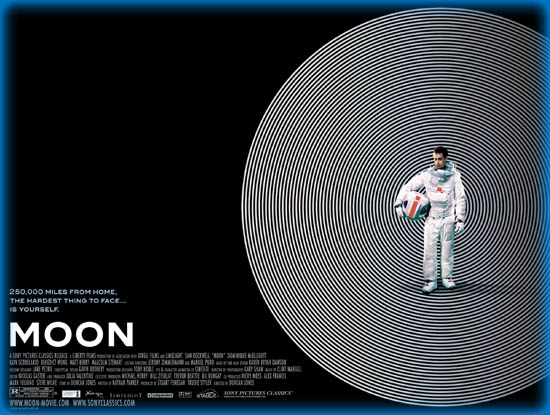I listened to a podcast once. They only had one definition: sci fi is about what it means to be human, that it always deal with humankind vs technology. And no other element was crucial for sci fi.
Personally, I think they simplified the whole genre too much
But let's go through it here.
What is science fiction to you?
I have a bunch of questions!
To what extent should tech be a part of the film's main plot?
Can a film have scientific advancements we still not have in reality, without it being sci fi? What other genre should it be classified as then? Action? Spy thriller? Adventure? Fantasy?
What about films that are set in the future but there's no tech that we don't already have (Mad Max, Waterworld etc are examples).
Should earth-based films that' set today, deal with time travel or an alien invasion in order to be sci fi? Is it something else that can be included?
What earth-based sci fi sub-genre do you usually prefer between steam punk and cyberpunk?
A film that's set in space, what does it need to be called sci fi? Do the characters need to encounter another civilization or not?
Where do you draw the line between space-based sci fi and space opera?

Personally, I think they simplified the whole genre too much
But let's go through it here.
What is science fiction to you?
I have a bunch of questions!
To what extent should tech be a part of the film's main plot?
Can a film have scientific advancements we still not have in reality, without it being sci fi? What other genre should it be classified as then? Action? Spy thriller? Adventure? Fantasy?
What about films that are set in the future but there's no tech that we don't already have (Mad Max, Waterworld etc are examples).
Should earth-based films that' set today, deal with time travel or an alien invasion in order to be sci fi? Is it something else that can be included?
What earth-based sci fi sub-genre do you usually prefer between steam punk and cyberpunk?
A film that's set in space, what does it need to be called sci fi? Do the characters need to encounter another civilization or not?
Where do you draw the line between space-based sci fi and space opera?





